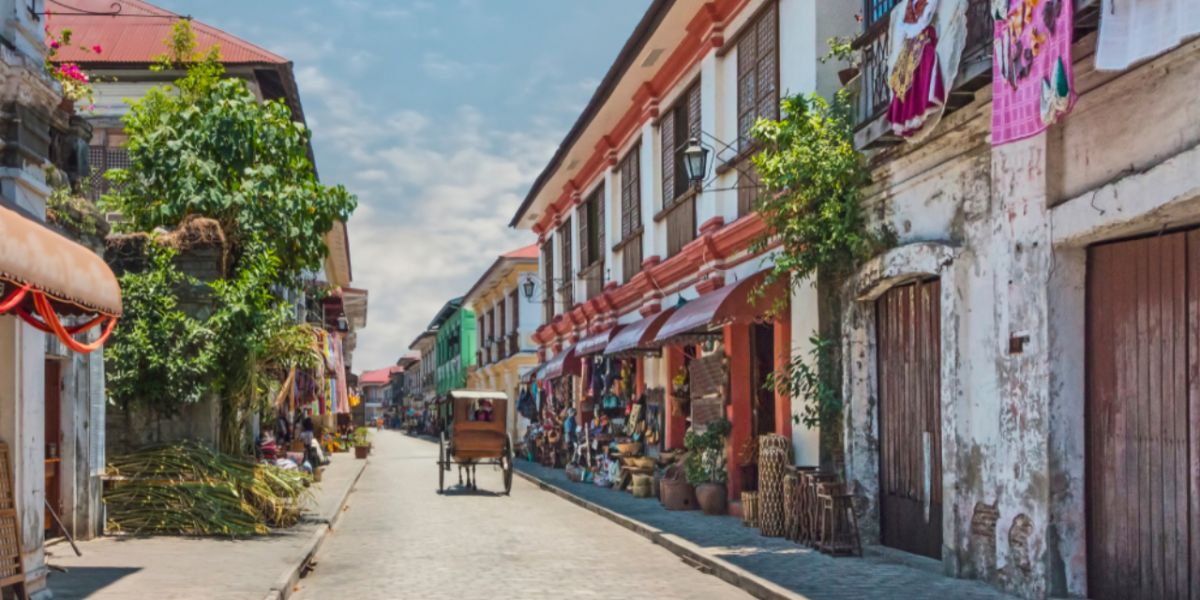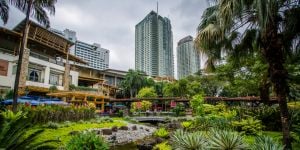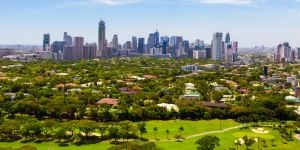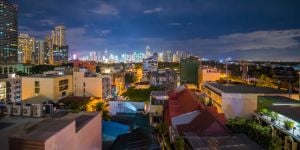
Relocating to a foreign country means finding accommodation. The Philippines hosts a range of accommodation options from which you can choose according to your needs and budget. But before proceeding, it is best to be aware of conditions related to renting a house or an apartment.
You should also decide in which region you would prefer to settle, depending on different factors such as proximity to your workplace, availability of transport, and other facilities and services, etc.
The real estate market in the Philippines
The Philippines has four cities with more than a million people, eighty-nine cities with between 100,000 and 1 million people, and 514 cities with between 10,000 and 100,000 people. The largest city in the Philippines is Quezon City, with a population of 2,761,720 people.
The 2023 population figures state that the country's 10 most densely populated cities are:
Quezon City-2,761,720
Manila- 1,600,600
Caloocan City- 1,500,500
Davao- 1,212,504
Cebu City- 798,634
General Santos- 679,588
Taguig- 644,473
Pasig City- 617,301
Las Pintas- 590,000
Antipolo- 549,543
There is an influx of new buildings in major business districts in the Philippines, such as Manila, Cebu, and Davao. Townships, or satellite communities, are also being developed outside the densely populated capital, namely Cavite, Laguna, Bulacan, Pampanga, and again, Cebu and Davao, in order to provide a better value proposition of live-work play-shop lifestyle.
Research shows that Metro Manila still has the biggest share of the Philippine real estate market, given that the capital region is the center of commerce, lifestyle, and governance. As such, properties in the metropolis continue to appreciate in value.
Moreover, the return of foreign and local employees to conventional offices and worsening traffic to pre-COVID levels bodes well for the residential segment in Metro Manila as it signals the recovery in the residential leasing market for the remainder of 2022. Improvement in rental rates benefits investing landlords as rent decline is slowing down to 0.2% in the first quarter of the year means an increase in yield.
Encouraged by the government's economic rebound goals, remittance inflow from OFWs, and easing lockdowns, the Metro Manila property market will see a significant boost compared to previous years. The real estate company, Colliers also reported a faster recovery in property prices and expect an increase of 2.7% by the end of the year as investor sentiment grows.
Finding the right accommodation for you in the Philippines
Before moving to the Philippines, we suggest you do your research and planning, check the properties available filtered by location, and the amenities nearby and transport infrastructure. You are more likely to find expensive condominiums and apartments in the major cities. In the countryside, it is easier to find affordable housing in a lush green environment, especially if you are moving there with your family.
Apartments and condominiums are the most popular options for single expats and expats with small families. Generally ranging from 1-3 bedrooms, these properties can be rented furnished (with beds and sofas and white goods) or unfurnished. Flatsharing is not very common amongst expats in the Philippines.
Important:
Make sure to opt for secure housing, especially in major cities (either a gated condominium community or apartments with a 24 hour watchman. Unfortunately, crime can still be part of the local reality, although there have been major changes in law and order.
As of 2021, Asia Property HQ has listed the following top real estate agencies in the country:
There are, of course, other ways of looking for accommodation in the Philippines; word of mouth may snag a bargain rather than incurring realtor fees but make sure to examine the property, take an inventory of the furniture (if furnished), and get a contract. Ask your company rep if they can help or your work peers.
It is not advisable to take property or rooms from the stickers and posters on the signposts in the Philippines. They can be substandard accommodations and can be possible scams also.
However, it is best to use an established Realtor as you have more rights and they will help more than going it alone!
Your lease agreement in the Philippines
Once you have found accommodation in the Philippines, make sure to visit the premises and take pictures of any present damage as proof. Thus, the owner cannot refuse to refund your deposit when you vacate the property.
You are usually required to pay a deposit, which is generally equal to two months' rent. However, the sum can be negotiated with the owner, even if you go through a real estate agency.
The lease agreement/ contract will include names of the protagonists, witnesses, terms and conditions, rental rate, tenure, force majure and judicial relief information in the event of an issue.
A deposit, valid ID, valid visa, and, at times, your work contract will have to be produced before signing the lease agreement. The lease agreement will also need to be notarized in Manila.
It is strongly advised always to have a lease agreement, even if there is a cheaper option for a deal ‘off the books'. Stay legal, know your rights, and be secure in the knowledge that you can live comfortably and economically with legal rights under your belt.
Important:
Do not sign any lease document until it has been verified and approved by a real estate lawyer. In fact, local lease documents can be quite meandering for foreigners who are not yet acquainted with the country and the local people's way of doing things. Feel free to ask your colleagues or contacts whether they can recommend any real estate lawyer.
As regards the lease duration in the Philippines, it usually has a one-year term, which is renewable. Hence, the owner will assume that you wish to renew the lease for an additional year if you have not given him at least a month's notice prior to the end of your lease. In remote provinces, on the other hand, owners generally practice oral lease contracts. Therefore, there is no formal lease document and no guarantor is required.
Rent prices in the Philippines
The costs of rent and other utilities in the Philippines vary depending on the location, but it is generally affordable. A one-bedroom apartment in the city center can cost as little as USD 250 per month, while a three-bedroom apartment in the suburbs can be rented for around USD 700 per month.
If you are looking for something more luxurious, then expect to pay a higher cost of about USD 2,000 per month for a high-end condo or villa. Of course, these rental costs change depending on current market conditions.
In general, you are required to make a deposit, which is equal to one or two months rent. Nevertheless, the amount can be negotiated before signing the lease document. But in case you have chosen a modern and luxurious housing unit, do not be surprised when the owner request for an advance payment of one year's rent. This can be settled through a post-dated check.
Happy house hunting!
Useful links:
We do our best to provide accurate and up to date information. However, if you have noticed any inaccuracies in this article, please let us know in the comments section below.








